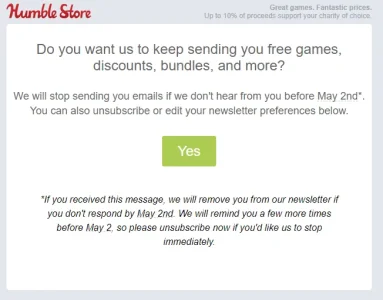Yes, you are right. The consent is already implied when you write the email. But consent, for what? That's the difference between before the GDPR and now. Prior to the GDPR you could use this email, not only to answer the question of the sender, but also to other purposes, for example, add the email to a newsletter list. Yes, I know, this would be not elegant and maybe not very intelligent, but it could be done.
With the GDPR, the user provides a consent, and theoretically the user has to know for what exactly this consent is for. Because of that some say that it is not enough to provide the checkbox with a phrase "I accept the privacy policy".
Some say that there has to be a little text below the checkbox explaining with accuracy the purpose of the data collection. For example, in a contact form, the info will be used only to answer the user's question and for nothing more. In a subscription form, the info will be used only to add the email to a newsletter list. In a registration form the purpose is to give you an account to access the forum... and so on.
Again, to buy me peace of mind, I modified my forms in this way.
In my research, I saw two tendences about this topic. The "English" tendencies and the European-Non-English tendency. All the samples, articles talking about GDPR that I found in English language, are saying that with a checkbox to accept the privacy policy you are done.
On the other hand, the articles that I found in Spanish, German or French (the other languages I know), all of them take it a step further, and they do it in the hard way: Below each form, there has to be a summary explaining at least:
- who is asking for the info (the legal liable person or company behind the form)
- for what this info is collected for
- why you have to provide this information and what happens if you don't do it (for example, if you don't provide an email address, we can not contact you, because of that you have to provide the email address).
- if you are planning to transfer this info to third parties
- the rights of the person about the information he provides...
Take a look at this sample of a contact form of a spanish law firm:
https://www.lexblogger.com/contacto/
Sorry that the example is in spanish, maybe you can use google translate to understand what the summary below the form tells. In the wp world, everybody is adopting this type from summaries for the forms...
Regards.
PS: again, apologizes about my English. I'm really at my limit trying to explain how we are doing the things here


